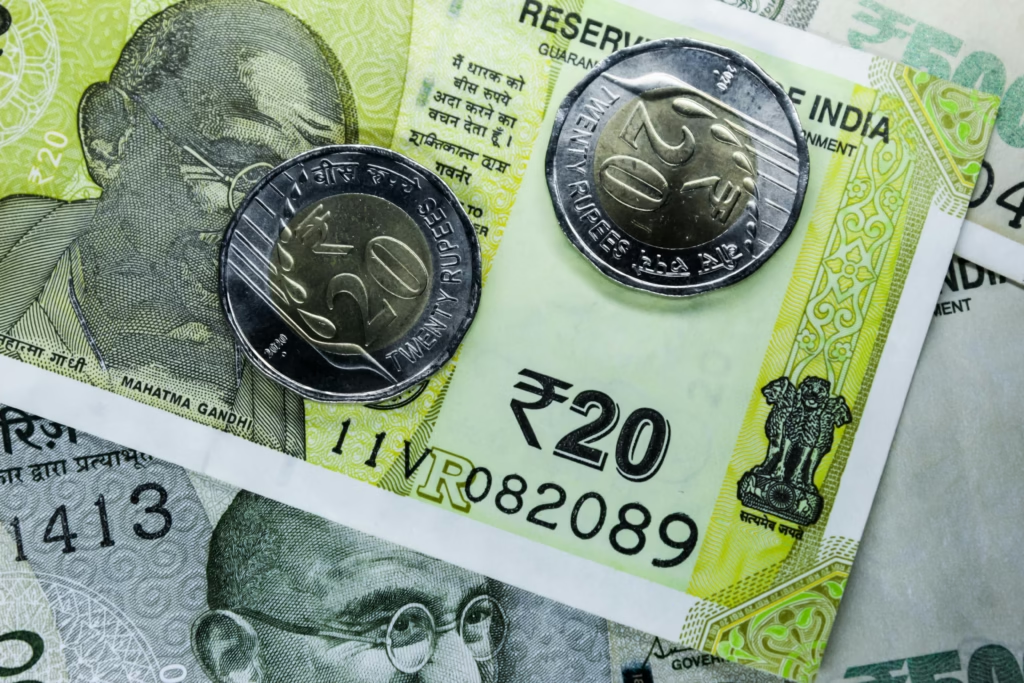On March 13, the State Bank of India informed the Supreme Court that between April 1, 2019, and February 15, 2024, a total of 22,217 electoral bonds were sold. Additionally, it stated that within the same timeframe, 22,030 bonds were redeemed.
These details were included in an affidavit submitted by SBI Chairman Dinesh Kumar Khara, in compliance with the Supreme Court’s directives issued on March 11.
The SBI has provided the electoral bond data to the Election Commission of India (ECI), which has committed to uploading it by 5 pm on March 15, in accordance with the court’s instructions.
According to the affidavit, the State Bank of India has provided details such as the date of purchase for each electoral bond, the names of purchasers, and the denominations of the bonds purchased. Additionally, the bank has furnished details to the Election Commission regarding the date of encashment of the electoral bonds, the names of political parties that received contributions, and the denominations of the bonds.
The affidavit states that between April 1, 2019, and April 11, 2019, a total of 3,346 electoral bonds were purchased, with 1,609 redeemed. Furthermore, from April 12, 2019, to February 15 of this year, a total of 18,871 electoral bonds were purchased, with 20,421 redeemed.
SC declares electoral bonds scheme ‘unconstitutional’
On February 15, the Supreme Court declared the electoral bonds scheme unconstitutional.
- This scheme, which grants anonymity to financial contributions to political parties, along with amendments permitting wealthy corporations to make unlimited political donations, was deemed unconstitutional and manifestly arbitrary by the court.
What were these Electoral bonds?
Electoral bonds were interest-free bearer bonds or monetary instruments available for purchase by both companies and individuals in India through authorized branches of the State Bank of India (SBI).
These bonds were sold in denominations of Rs 1,000, Rs 10,000, Rs 1 lakh, Rs 10 lakh, and Rs 1 crore.
- They could be acquired via a KYC-compliant account for making donations to political parties.
- The political parties were required to redeem them within a specified timeframe.
Electoral bonds, characterized by their anonymity, became the subject of controversy, ultimately leading to their discontinuation.
There was no limit imposed on the quantity of electoral bonds that individuals or companies could acquire.
- The government made amendments to four Acts through the Finance Acts of 2016 and 2017 to introduce the Electoral Bond Scheme.
Thanks
Never Stop Learning











